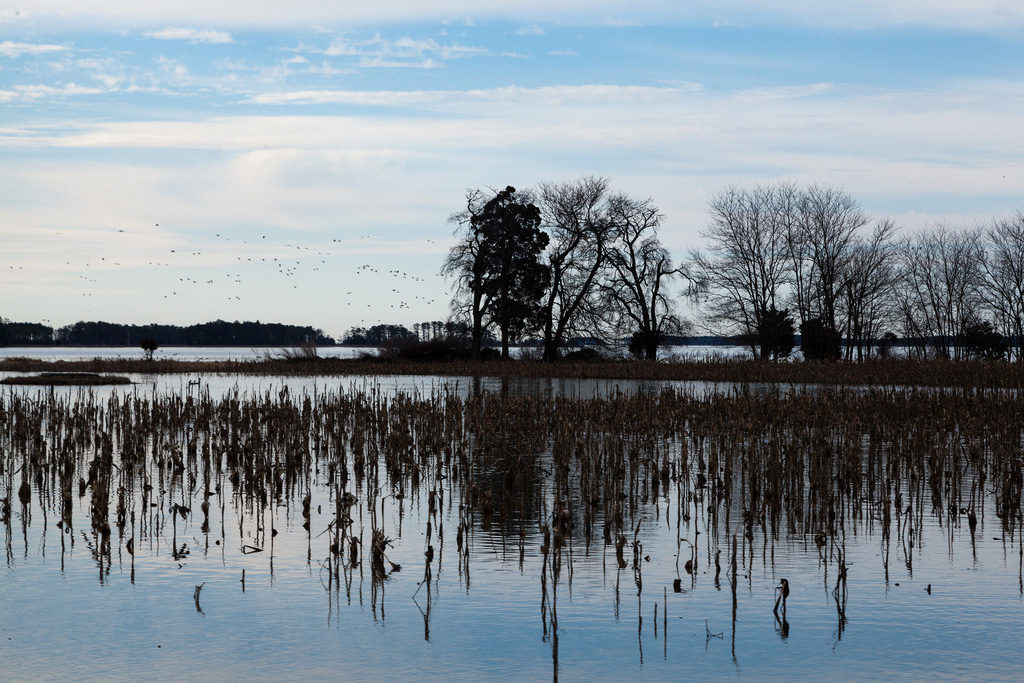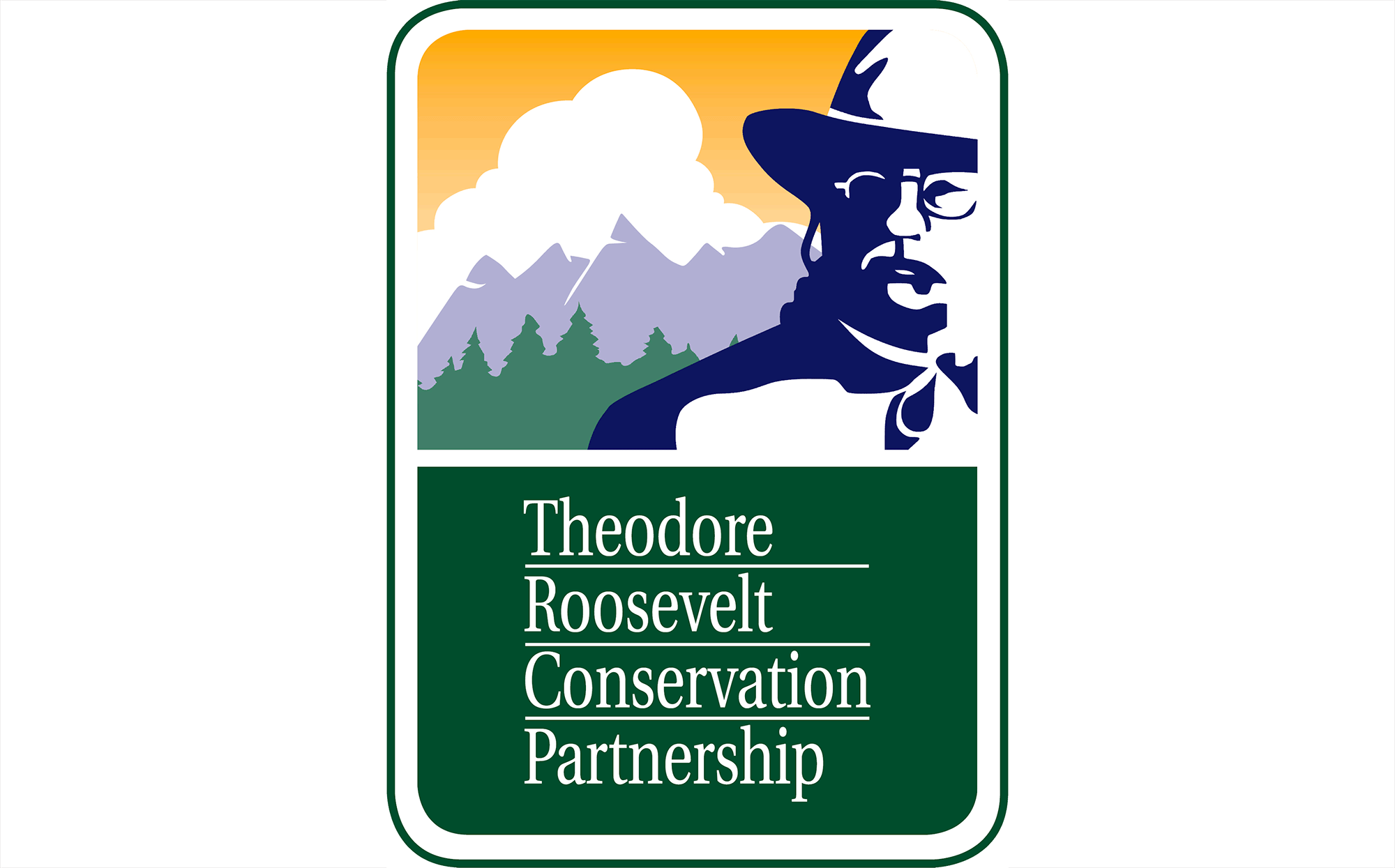Four Questions Sportsmen Need the Next EPA Chief to Answer


There is no question that the next chief of the Environmental Protection Agency will have an outsize impact on our clean water resources and hunting and fishing opportunities for years to come. Andrew Wheeler, the acting administrator of the agency and Trump’s nominee for the permanent position, faced tough questions from senators in a confirmation hearing this week—hunters and anglers have a few more.
Will he give sportsmen and women, the original conservationists, a seat at the table?
Hunters and anglers experience the direct and downstream impacts of nutrient runoff, abandoned mines, and wetlands loss firsthand, and we have historically played a central role in the responsible conservation of America’s water, wildlife, and lands. We need to know if Wheeler will commit to including the voices of sportsmen and women in policy decisions.
Will he give the public ample opportunity to speak out for clean water?
The EPA and Army Corps of Engineers have proposed a replacement for the Obama-era Clean Water Rule and are giving the public 60 days to comment. Before the 2015 rule was finalized, comments were collected for 200 days. With Clean Water Act protections for wetlands and ephemeral streams—including many headwaters—on the line, we’re asking if Wheeler will extend the comment period so more hunters and anglers can provide feedback.
How hard will he work to help Americans understand what the new rule does?
Right now, there is only one in-person listening session planned for the public to hear from the EPA and Army Corps on the Clean Water Rule. This is such an important part of the democratic process, and in-person interaction helps to put a human face on the concerns of sportsmen and women. Will Wheeler commit to holding more listening sessions so that Americans can tell their stories and understand the true impacts of the rule?
How can we work together to improve, rather than weaken, habitat?
The agencies have proposed eliminating Clean Water Act protections for ephemeral streams and isolated wetlands in the Clean Water Rule replacement. These waters and wetlands provide important habitat for juvenile fish and nesting migratory birds. Perhaps the most critical question is simple: How does Wheeler intend to conserve these habitats that support healthy fish and wildlife populations, hunting and fishing opportunities, and America’s outdoor recreation economy?
SHARE ON
You may also like
The role corn plays for gamebirds and economies ac...
Sportsmen’s conservation policy issues from publ...
Sportsmen’s conservation policy issues from publ...



























